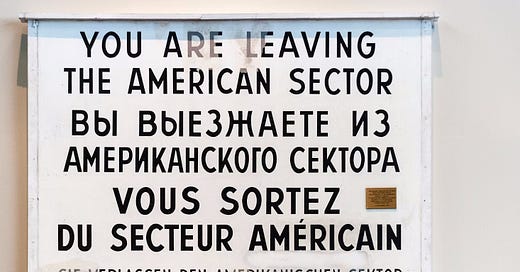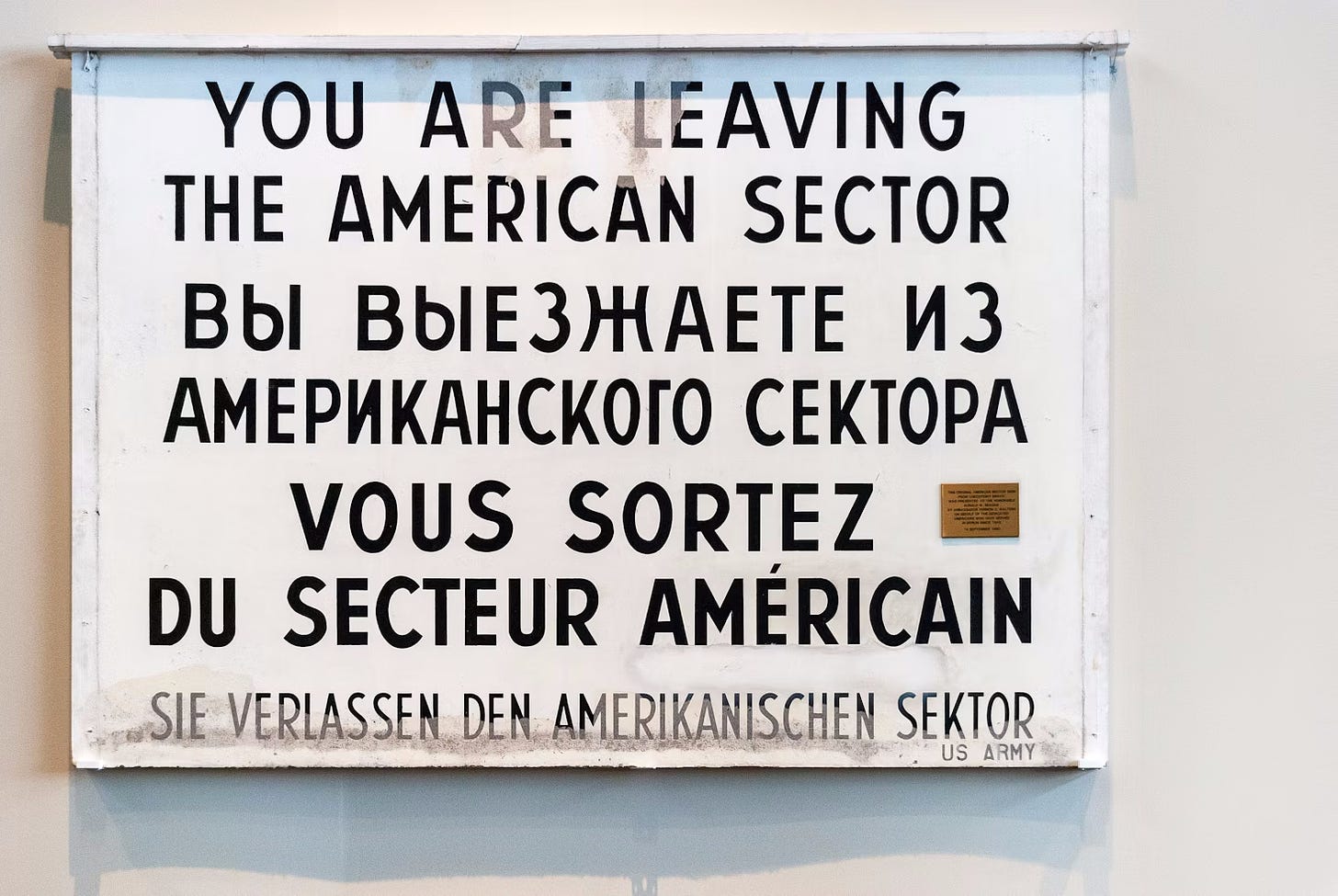Listen to Mark reading What Was Never Whole:
I never spent much time with my parents. They worked various shifts. I was one of those so-called latchkey kids. And I was always off somewhere that kept me out of that hot Hoboken railroad apartment. I loved the aroma of coffee forever floating in the air since my home was across the street from Maxwell's Coffee House factory.
I used to blame my two years confined to leg braces for my aversion to close relationships. And while it was a factor it was more an accelerant than a true foundation. The truth was I had trust issues with people. And that never changed my entire life.
I thought too weird for people to make a connection. I engaged in street violence to cover the fact I was more well-read than most. I dated girls less for sex than companionship. And then left them when things got dramatic. I just couldn't take their need for closeness. I didn't need it. I didn't want it.
It never occurred to me that I was suffering from mental illness as a youth. I figured I was artistic. I rejected the Union card for the Air Force because I dreamed of traveling the world. Tokyo. Copenhagen. London. Paris. I took it all in and knew I was more blessed with foreign travel than working the docks and drinking at the Brass Rail.
I never felt I was better than anyone else. Yet I knew I had to make different choices if I was going to change my stars. It was less a burden because I had few people I was close to. In an ironic twist my military service forced me to make more friends than my entire childhood. And I needed those friends when the brutality of my official duties caused me to drink and sink into a depression.
Women brought some relief. But I nearly never confided in any of them. It was an act like a performer. It was sex for therapy. Once I discovered that I stopped dreaming, I was afraid that I would stop writing. My violence on the job increased. I found more creative methods to hit bad actors. Nazis. Communists. Women beaters. These were my outlets for deep frustration. Nothing better than rationalizing unbecoming conduct. I filed it all under the Cold War and seldom gave a shit.
By the time I hit the age of 24 I had spent a quarter of my life in the military. I visited 32 countries and witnessed the fall of the Berlin Wall. After years of tracking and later abusing political suspects I became desensitized to human trauma. I watched from a balcony as a young communist Wall guard was torn apart by an East German crowd. I laughed. I cheered the crowd on like a Roman spectator in the ancient Coliseum. Alcohol couldn't quench my insatiable blood thirst. The guard deserved everything he got. Call it street justice. Call it poetic justice. Call it anything but civilized behavior from people who supposed to occupy the moral high ground. We won the Cold War. But lost the ability to act humane. Like Moses being banned from the Promised Land none of us were ever the same again. Perhaps my children will be the better humans to pave a braver path for the future. And perhaps they will learn to forgive us.
Mark Antony Rossi is a writer, podcast host, and USAF Cold War intelligence veteran and retired mental health counselor with fiction and essays published in Anak Sastra (Taiwan), The Antigonish Review (Canada), Another Chicago Magazine, Big Window Review, Brain of Forgetting (Ireland), Collages & Bricolages, Earth & Altar, Flash Fiction (Italy), Granfalloon (Canada) Gravel, Herstory (Denmark), JACLR (Spain), Lethe Magazine (Turkey), Mad Swirl, Red Rock Review, Route 7 Review, Philadelphia Stories, Purple Patch (UK), Toad Suck Review, Transnational (Germany), Wild Quarterly, Yellow Chair Review, and Zin Daily (Croatia).




Mental illness should be talked about fun literature more often.